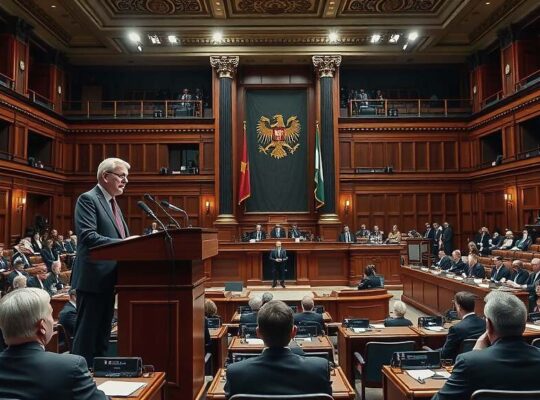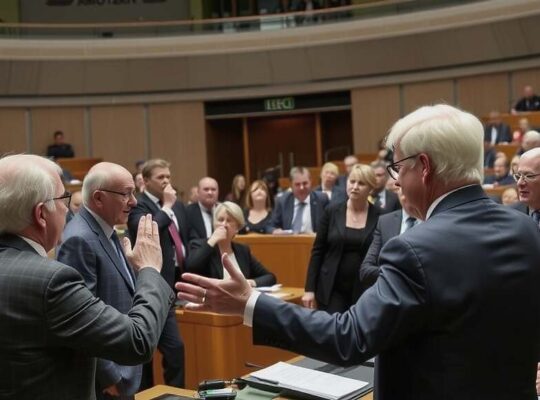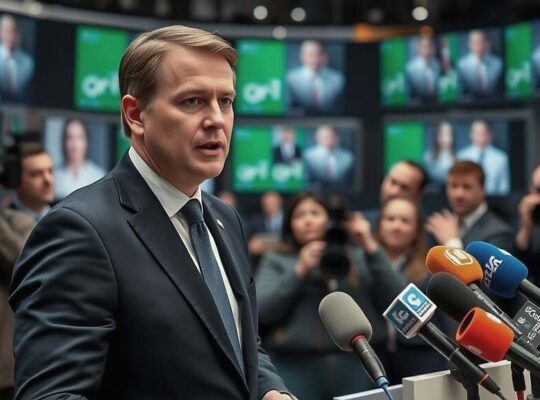A compromise has reportedly been reached between the ruling coalition factions of the Christian Union (CDU/CSU) and the Social Democrats (SPD) regarding the implementation of a revamped German military service system. According to reports from the Redaktionsnetzwerk Deutschland (RND), citing sources within both parties, the agreement proposes a lottery system to select candidates for potential conscription.
The framework dictates that all young men required to complete a mandatory questionnaire will be entered into a draw. Those selected will then undergo preliminary assessment and interviews. Should the number of volunteers fail to meet projected requirements, a portion of the lottery picks will be compelled to serve a minimum six-month period of military duty. Defence Minister Boris Pistorius (SPD) is now tasked with determining the specific thresholds – the number of conscripts needed – to trigger the utilization of compulsory service elements. The structure is purportedly modeled after the system in Denmark, where a lottery selects roughly one-fifth of all eligible individuals.
Coalition sources claim the lottery-based assessment aims to limit the number of assessments required, minimizing administrative burden and ostensibly addressing concerns about equitable distribution of military service obligations. However, the current draft legislation, already approved by the cabinet, only stipulates that the federal government – with parliamentary approval – can conscript individuals if the defense policy situation necessitates a rapid increase in personnel that cannot be achieved through voluntary recruitment.
This ambiguity has drawn criticism, particularly from the CDU/CSU, who have consistently advocated for a more binding mechanism and a formal inclusion of a compulsory element within the draft law, rather than relying on a fluid and potentially unreliable conditions-based trigger. They argue for greater certainty and a demonstrable commitment to bolstering the Bundeswehr’s capabilities.
The coalition parties are scheduled to formally discuss the compromise on Tuesday, with public announcement anticipated on Wednesday and the initial reading in the Bundestag on Thursday. Whether Defence Minister Pistorius will endorse the proposed alterations remains uncertain, with indications suggesting he believes the existing draft sufficiently addresses the pressing need for increased military readiness. The compromise, while designed to navigate political sensitivities and address concerns about fairness, risks being perceived as a strategic retreat from a firm commitment to expanding the pool of potential military recruits, leaving open questions about the long-term viability and effectiveness of the reformed system.












